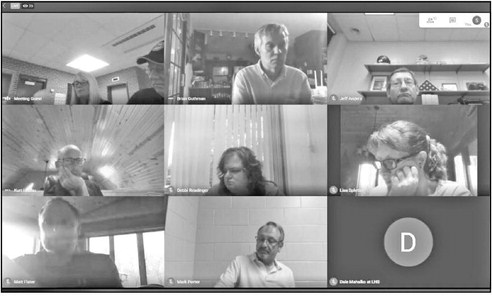Gilbertsons, board on different page with bus payments


School buses aren’t running, so should the busing company get paid during that time? That was a question that came to the Lake Holcombe School Board April 30, during a regular ...


School buses aren’t running, so should the busing company get paid during that time? That was a question that came to the Lake Holcombe School Board April 30, during a regular ...